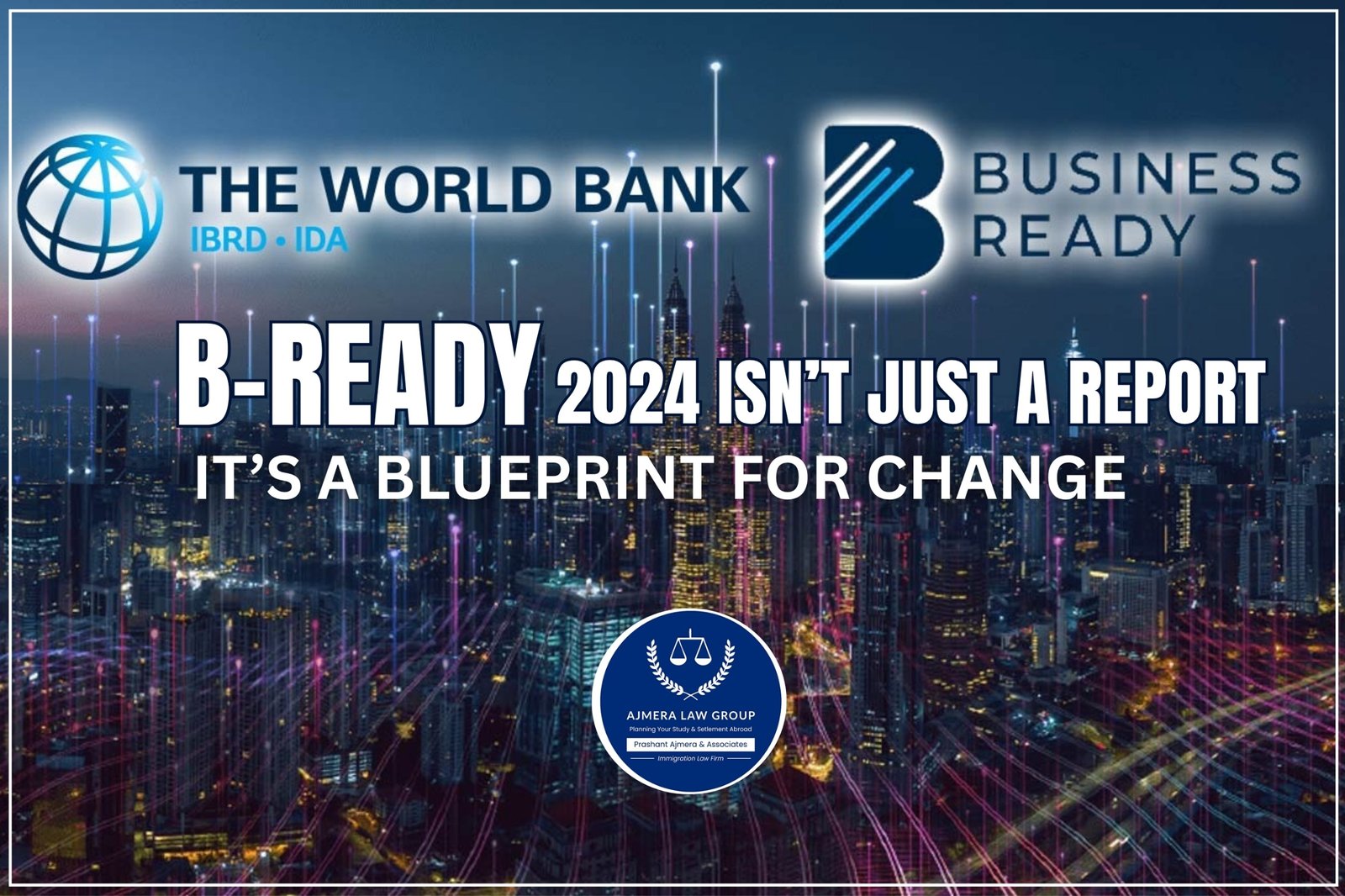📈 FEMA & RBI Rules for Indian Businesses Expanding Globally: Key Compliance Guide
Currency exchange regulations form the backbone of any international business operation for Indian entities, requiring careful navigation through frameworks established by the Foreign Exchange Management Act (FEMA) and the Reserve Bank of India (RBI).
Understanding these rules is essential for legal compliance and business success.
Overview of FEMA and RBI Guidelines
The Foreign Exchange Management Act (FEMA), 1999, regulates all foreign exchange transactions in India, aiming to facilitate external trade, promote the orderly development of the forex market, and maintain transparency for Indian businesses handling foreign currencies. The Reserve Bank of India (RBI), as the apex regulatory authority, issues guidelines and notifications—such as Master Directions—for cross-border payments, investments, and remittance procedures.
Permissible Foreign Remittances
Foreign remittances are classified into capital account transactions (ODI—Overseas Direct Investment, acquisition of assets, etc.) and current account transactions (imports, royalties, travel expenses, etc.). While investments abroad or acquisitions require adherence to RBI-prescribed limits under ODI guidelines, current account remittances often involve documentation and, in some cases, prior RBI approval. The RBI’s Liberalized Remittance Scheme (LRS) caps outward remittances for individuals, and certain activities—like speculative forex trading—are prohibited.
Permissible Limits for Businesses and Individuals
-Liberalized Remittance Scheme (LRS): Individuals can remit up to USD 250,000 annually for allowed transactions (education, travel, investments), with reporting and documentation duties for each transfer.
Corporate Remittances: Businesses have varied limits based on trade and investment types. The automatic route allows ODI within RBI thresholds without approval, but exceeding them or involving sensitive jurisdictions requires RBI permission. The RBI’s recent reforms promote more streamlined approval for ODI, increasing autonomy for corporates and faster processing.
Reporting Obligations
Businesses must file Form 15CA/CB, certified by a Chartered Accountant, to verify tax compliance on foreign remittances. Remittances must be reflected in annual financial statements and, in ODI cases, in Annual Performance Reports (APR). Individuals need to declare remittances and foreign assets in their income tax returns (Schedule FA). Authorized Dealer (AD) banks serve as compliance intermediaries, checking documentation and justification for each transaction.
Special Considerations
Anti-Money Laundering (AML): Adherence to global AML standards and KYC documentation is mandatory.
High-Risk Jurisdictions: Payments to tax havens/non-cooperative jurisdictions are subject to extra scrutiny and disclosure—businesses must show end-use of funds and ensure transparency.
Service Exports and Imports: The new FEMA 2025 draft explicitly includes digital services and software exports, offering clarity and ease for startups and IT firms.
Practical Strategies for Compliance
Pre-Transaction Planning: Businesses should consult financial and legal experts to select the right remittance channels and gather all required documentation for smoother transactions.
Automation: Utilizing ERP and digital tools can simplify tracking and reporting of forex transactions, ensure timely regulatory filings, and help avoid penalties.
Bank Partnerships: Strong collaboration with AD banks helps expedite approvals and compliance processes, especially under the decentralized provisions of FEMA 2025.
Case Studies
Reliance Industries: Reliance used FEMA-compliant remittance mechanisms for establishing overseas entities in energy, demonstrating practical use of ODI guidelines.
Infosys: Infosys exemplifies meticulous adherence to RBI and FEMA rules when remitting funds for international expansion, reflecting the importance of robust compliance.
Conclusion
RBI’s evolving currency exchange regulations demand a proactive approach from Indian businesses engaged in international trade and investment. By leveraging permissible remittance routes, adhering to limits, and fulfilling comprehensive reporting requirements, businesses can navigate regulatory risks and confidently pursue global growth. This module delivers actionable guidance to enable compliance and foster opportunities in the global market.
FOR BLOG- The author of this article is Mr. Prashant Ajmera, an Indian immigration lawyer and Canadian citizen. He is the founder of Ajmera Law Group and the author of two books, “Millionaires On The Book” and “How to Plan for Your Child’s Foreign Education.” Over the past 30 years, he has assisted and advised over 30,000 students and families on planning their foreign education and settlement. He regularly speaks at various forums on this subject.
Ajmera Law Group: Mo: +91 9974253030 | info@ajmeralaw.com | www.ajmeralaw.com
https://ajmeralaw.com/











